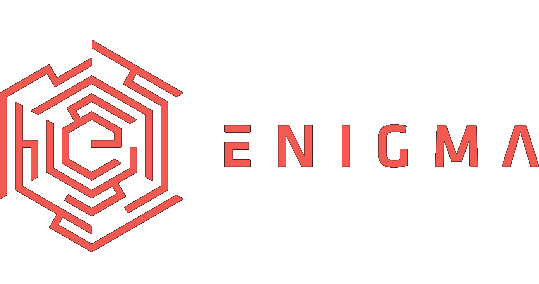Dana DeBeauvoir, County Clerk, Travis County, Texas
Although worried about new requirements, most Election Administrators (EAs) welcomed the Help America Vote Act deadline in 2006. The Act brought funding that made it possible to retire old voting equipment, such as punchcard, and switch to ADA-friendly electronic voting systems. Direct Recording Electronic (DRE) voting systems seemed to promise so much better service to voters as well as faster and more accurate processing of election night returns. But were they as great as they promised to be? EAs did not design these systems nor did they write the laws requiring their use. In response to the criticism of the DREs, some EAs responded by developing techniques to mitigate the vulnerabilities by using auditing and testing. County Clerk DeBeauvoir will review the most used mitigators and discuss whether such actions are effective. Newer certified voting systems claim to have better security, but not to the standards offered by STAR Vote. STAR Vote (Secure, Transparent, Auditable, Reliable) is a concept for a new voting system that offers the best of both worlds—an electronic voting system with a paper ballot back-up for auditing and recount purposes. We’ll conclude with a discussion of the elements of the STAR Vote design, a timetable for its implementation, and how you can help complete this project.
Dana DeBeauvoir, County Clerk, Travis County, Texas

County Clerk Dana DeBeauvoir has always been inspired by public service. Her interest led her to obtain a Masters Degree from the LBJ School of Public Affairs and ultimately to run for public office. Since her election as County Clerk in 1986, Dana has devoted herself to bringing high ethical standards, effective and cost-efficient management practices, the benefits of new technology, and high-quality customer service to the office of the County Clerk. The Clerk’s Office has a wide range of responsibilities, including the conduct of elections, the filing and preservation of real property records, and the management of civil, probate, and misdemeanor court documents.
Open Access Media
USENIX is committed to Open Access to the research presented at our events. Papers and proceedings are freely available to everyone once the event begins. Any video, audio, and/or slides that are posted after the event are also free and open to everyone. Support USENIX and our commitment to Open Access.

author = {Dana Debeauvoir},
title = {We Need Something {Better{\textemdash}Building} {STAR} Vote},
year = {2016},
address = {San Francisco, CA},
publisher = {USENIX Association},
month = jan
}


